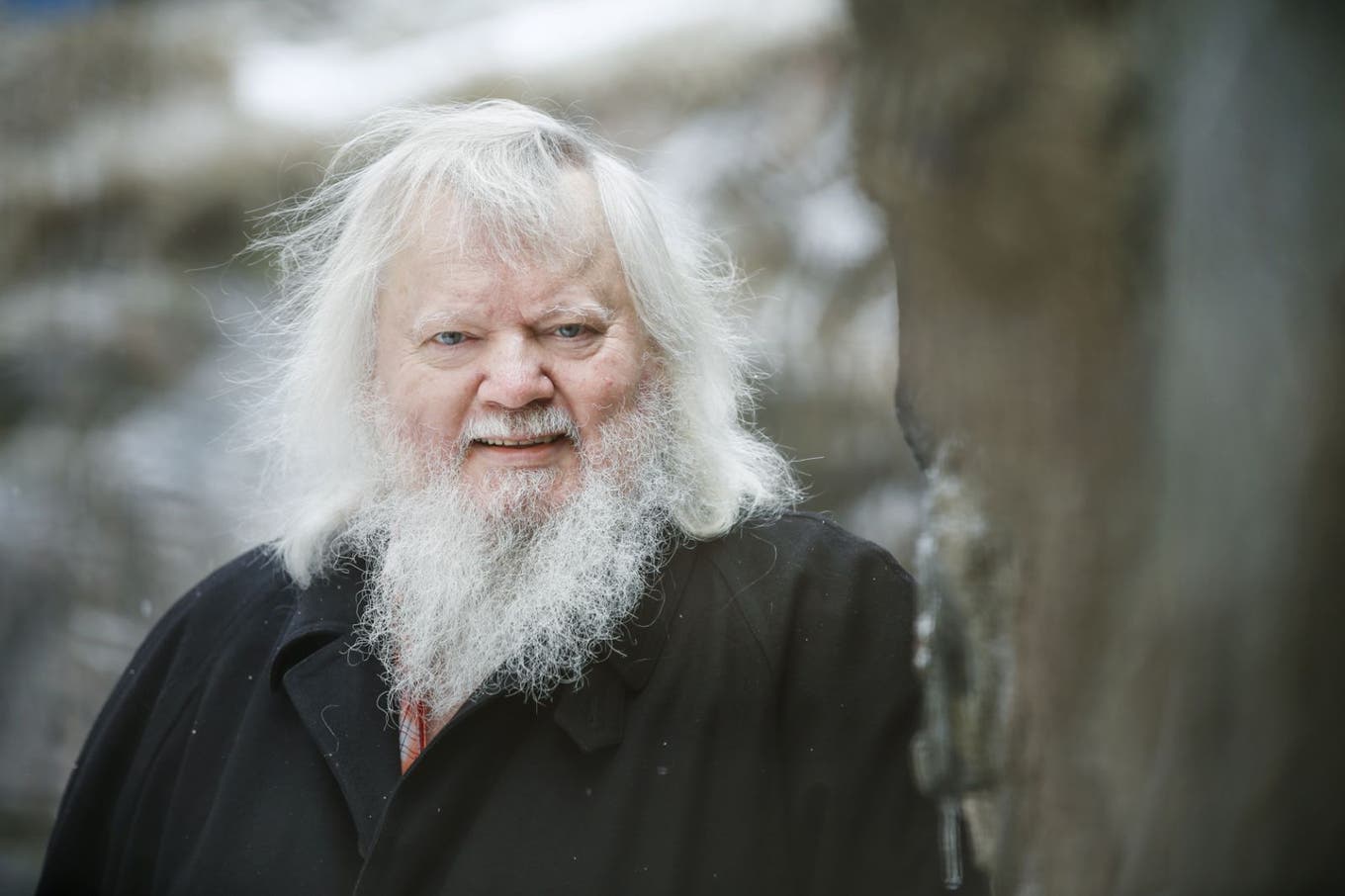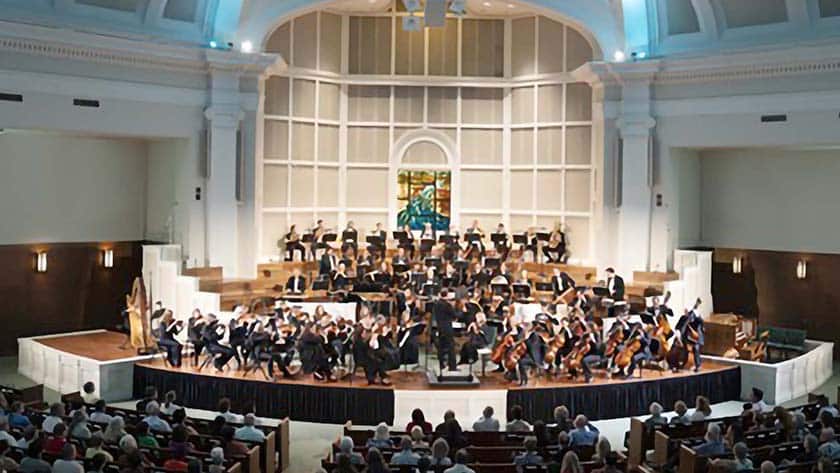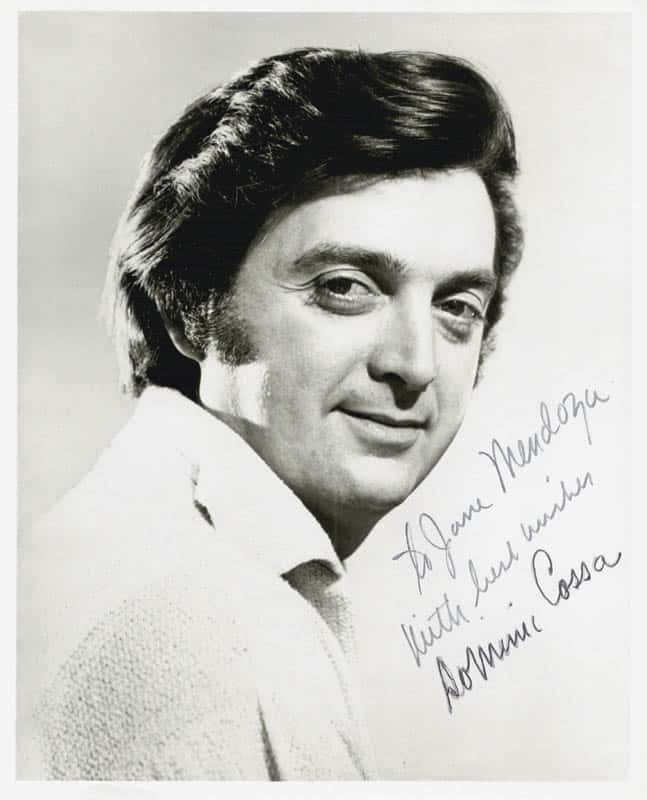Madrid has twice as many premieres as the Met
mainThe Teatro Real has announced its new season.
From the Real press office:
Next season the Teatro Real has ten co-productions from the Teatro Real, seven of which will have their premiere in Madrid: Turandot (Nicola Luisotti/Robert Wilson), Idomeneo (Ivor Bolton/Robert Carsen), Falstaff (Daniele Rustioni/Laurent Pelly), Capriccio (Asher Fisch/ Christof Loy), La peste, by Roberto Gerhard (Juando Mena/Dora García), Con que voz, by Stefano Gervasoni (Nacho de Paz/Oscar García Villegas), along with the world premiere of Je suis narcisiste, by Raquel García Tomás (Vinicius Kattah/Marta Pazos). The remaining the co-productions have had their debut in the theatres which share these with the Teatro Real: Faust (Dan Ettinger/Àlex Ollé), Only the sounds remains, by Kaija Saariaho (Ivor Bolton/Peter Sellars), and Il trovatore.
The Teatro Real completes the opera season programme by inviting three productions from other theatres ─Das Rheingold (Pablo Heras-Casado/Robert Carsen), La Calisto (Ivor Bolton, Christopher Moulds/David Alden)) and Dido & Aeneas (Christopher Moulds/Sasha Waltz)─ with a further two operas in concert version: Agrippina and Giovanna d’Arco.
At the Teatro Real 74.6 % of the annual budget (21.813.771 euros) is self-financed and only 25.4 % comes from public funding.






Opera is a dead art form, and there are only a small handful of them worth subjecting yourself to. The Met is smart to just stage productions of the best. Just because something is new, doesn’t mean it is better. My only complaint is that the Met should include more Stockhausen in their repertoire.
Still alive. Just my opinion
Indeed. Just saw a really obscure Haydn opera in Munich, very good music, witty production excellent singing, not a seat free. I suspect people saying it’s dead just aren’t interested in the first place.
“More” Stockhausen? This would indicate that there has already been some performed at the Met? Dream on.
The simple fact is that due to the enormous running costs of the Met and its reliance solely on ticket sales and donations (with less than 1% coming from any government sources), it can only function as a repertory house for (mostly) the standard canon of operas that will (well, would in better times) maximise ticket sales and attract a patron-class. To think or dream in other terms for such a union-laden company is idiocy. Don’t get me wrong, I enjoy museums enormously.
One other big difference is that the opera and theater going public in Madrid is in many ways more sophisticated than in New York. I live in both cities.
You sure that it is only 1%? This may be referring to government monies for the productions themselves.
The way arts organizations in the US do it is that they get government funds for educational programs like bringing school groups to productions, training young musicians etc and use a lot of that money for overhead, like office costs, plant maintainence etc. which frees up other monies to be used on the productions themselves.
You can check out the Form 990 (online) for the Met (most recent is for FY 2016). Of the total contributions raised that year, $123,487,336, only $465,000 was from government sources (totals, regardless how these monies were spent).
Compare this with around 50% for the major companies in Munich, Berlin, and Vienna and about 21% for the Royal Opera.
I’ll make two points.
1. The proportion of revenue from ticket sales at the New York Met is very low. It is much higher at the Teatro Real and the Royal Opera House in London.
2. Government funding in the US is much higher than it seems because charitable donations are tax-deductable. In practise, this means rich people are getting to spend tax money on their favourite charities. If you included this effect, then the public subsidy to the New York Met as a proportion of revenue is much much higher than either London or Madrid.
If this is the same Sasha Waltz production of Dido and Aeneas that I saw at Sadler’s Wells in 2007 I’m sorry for the people of Madrid that they are to have it inflicted upon them. There was a particularly bizarre scene around the middle in which the music stops and there’s a kind of silent ballet class in which the ballet master strides around the stage occasionally whacking the dancers with a riding crop. The swimming in huge tanks was quite impressive (though of questionable relevance to the plot) and I always think it would look good for the trial by water in The Magic Flute.
Sasha Waltz also directs opera? I only know her as a choreographer and future codirector of Staatsballett Berlin…
I have seen Sacha Waltz’s productions of Roméo et Juliette at the Bastille and Tannhäuser at the Berlin Staatsoper and enjoyed both.
Miss Waltz should stick to her ballets and leave opera to non-dancers.
It’s a choreographed version of the opera. It may well be that it’s good as choreography if one watches the production essentially as dance with musical accompaniment, but it wasn’t much good as an opera. Perhaps that’s why it was on at Sadler’s Wells rather than an opera house. Dido and Aeneas is such a great opera that it really doesn’t need to be reworked as a combination of opera and dance, including dance that has nothing to do with the opera. If they want to market it as contemporary dance loosely based on Dido and Aeneas and in part set to Purcell’s score, fine, but please don’t market it as Henry Purcell and Nahum Tate’s opera, because that opera has been ruined here for people who actually love it as an opera.
The Met’s audience and certainly their subscriber base is largely over 60 and for the most part they want the traditional stuff. I imagine that in Spain the opera might attract a younger crowd.
You cannot clutch your pearls every time the Met retires a Zeffirelli or Schenk production and then complain it doesn’t have enough new productions
Why not? 😛
Missing Gerard Mortier.. .
Me too.
This new premiere tendency in Madrid is something Mortier fostered during his tenure at the Real. Madrid audiences have clearly gotten a taste of something they like. Mortier may be gone, but his legacy continues in Madrid.
Missing Chéreau, Strehler and Ponnelle.
The future of opera is in far smaller forms aligned with modern theatrical theory and modern economics. Most major and mid-sized European houses have smaller black box style theaters which is where the most innovative work occurs.
This does not mean miniaturized reductions of traditional repertoire, but new works with modern ideas.
The tiny number of genuinely functional opera companies that we have (The Met, San Francisco, Chicago, Houston, Santa Fe) need such theaters. It would be sensible, when the money could be found, for the Met to redesign its facility, reducing the size of the big hall by about 1500 seats and use the saved space to build a black box theater. This wouldn’t fit with its orientation toward the rich (star singers and lavish productions) but it would fit with the future of opera.
This is, of course, all but unthinkable for them. We see how systemic problems have ossified the Met. And no, all the little shoe string opera companies around the country can’t make up for the lack of studio theaters in the major houses. We need the funding and experience of the big houses to contribute to the work. But it will be a long time before this is understood and acted upon.
Just as long as Franco Zeffirelli’s La bohème remains ossified in the Met’s repertoire for the rest of my lifetime…
you are so right! Finally a serious comment.
let’s face it: the MET is a monster and if they would turn down the horrible auditorium and make a more intimate and warmer place for about 2500-3000 people the MET could survive. Only then operas by Mozart etc would work, same with the overdimensioned Salzburg Grosses Festspielhaus, not for Mozart (however don’t make the same mistake and build another ugly and horrible hous like the ‘Haus for Mozart. – what a shame and silly name). I would nevertheless change the Manager who made an effort to rejuvenate the repertoire but also made huge mistakes. Audiences are différent in the US; similar to the English and the Italians. They have different tastes unlike the Germans who shine through their horrible taste. Only a handfull of the so called Regietheater directors hav worked well, most is rubbish and forgotten immediately.
And Teatro Real has included a premiere of an opera by a woman composer, Raquel Garcia Tomas. http://www.raquelgarciatomas.com/bio
. . . then it must be good.
Female opera composers, be they good or bad, are kinda under-represented, IMHO.
Ivor Bolton — note the name. MD at the Real. Adored by all who work with him. As brilliant a Mozart conductor as there is. Has had, to my knowledge, precisely ONE outing in opera Stateside: an SF Nozze in 1998 with Anna N.
And conducted the Haydn I mentioned above, and extremely well
What is the sexy picture of ? Moses und Aron ?
Yes.